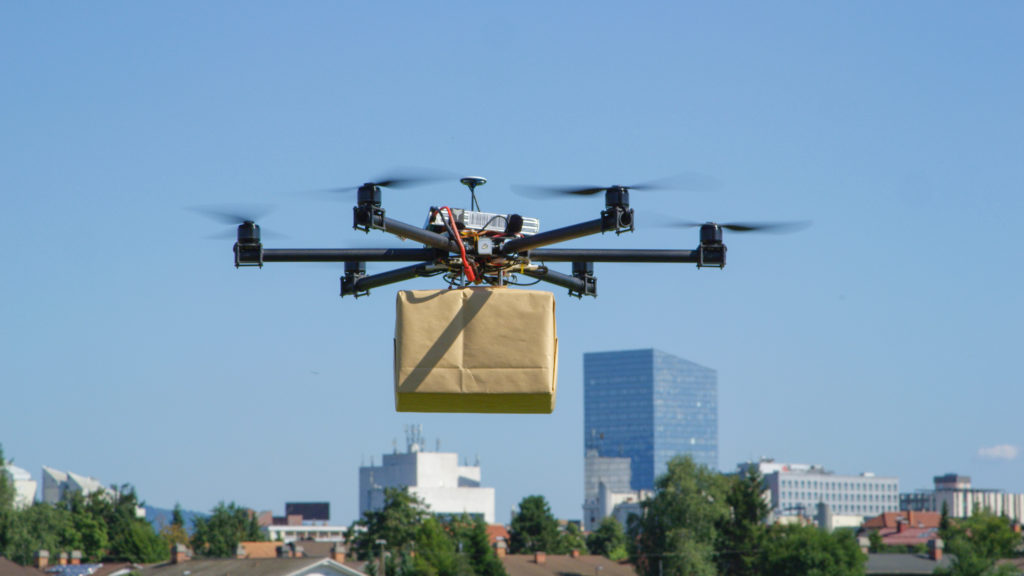UPS, partnered with Virginia’s Center for Innovative Technology (CIT) and drone technology companies DroneUp and Workhorse Group, are in tests to determine how unmanned aerial systems can assist medical professionals in the fight to stop the spread of the Coronavirus.
The healthcare industry is calling for technology solutions that can speed the pace of testing and treatment for patients. They also express concern for healthcare providers on the front lines who interact with potentially infected patients daily. Technology leaders see autonomous drones as a potentially valuable solution.
The tests in Virginia evaluated the commercial drone industry’s ability to provide and scale small unmanned aerial systems to support the U.S. healthcare system.
Scott Price, UPS chief strategy and transformation officer, says, “Drones offer a low-touch option for delivery of lab specimens and medical products that could make a significant impact in an urgent response application.”
Data collected during the simulation will be used to determine how private-sector drone operators can effectively supplement emergency response and certain patient care. The findings and recommendations will be included in a report to the White House, where leaders are considering what role the industry could play in the Coronavirus response.
Tom Walker, DroneUp CEO says, “Rather than speculate, it is incumbent upon our industry to conduct operationally-based exercises that produce factual data and lessons learned to ensure we can respond safely, effectively and efficiently when called upon. Data collected now will impact our capabilities beyond the COVID-19 outbreak we are currently facing.”
The test participants conducted exercises over three days on the vacant campus of St. Paul’s College, in Lawrenceville, Virginia. The Brunswick County facility, which closed to the public in 2013, provided a safe, complex community environment to test package deliveries by drones under a variety of conditions.


